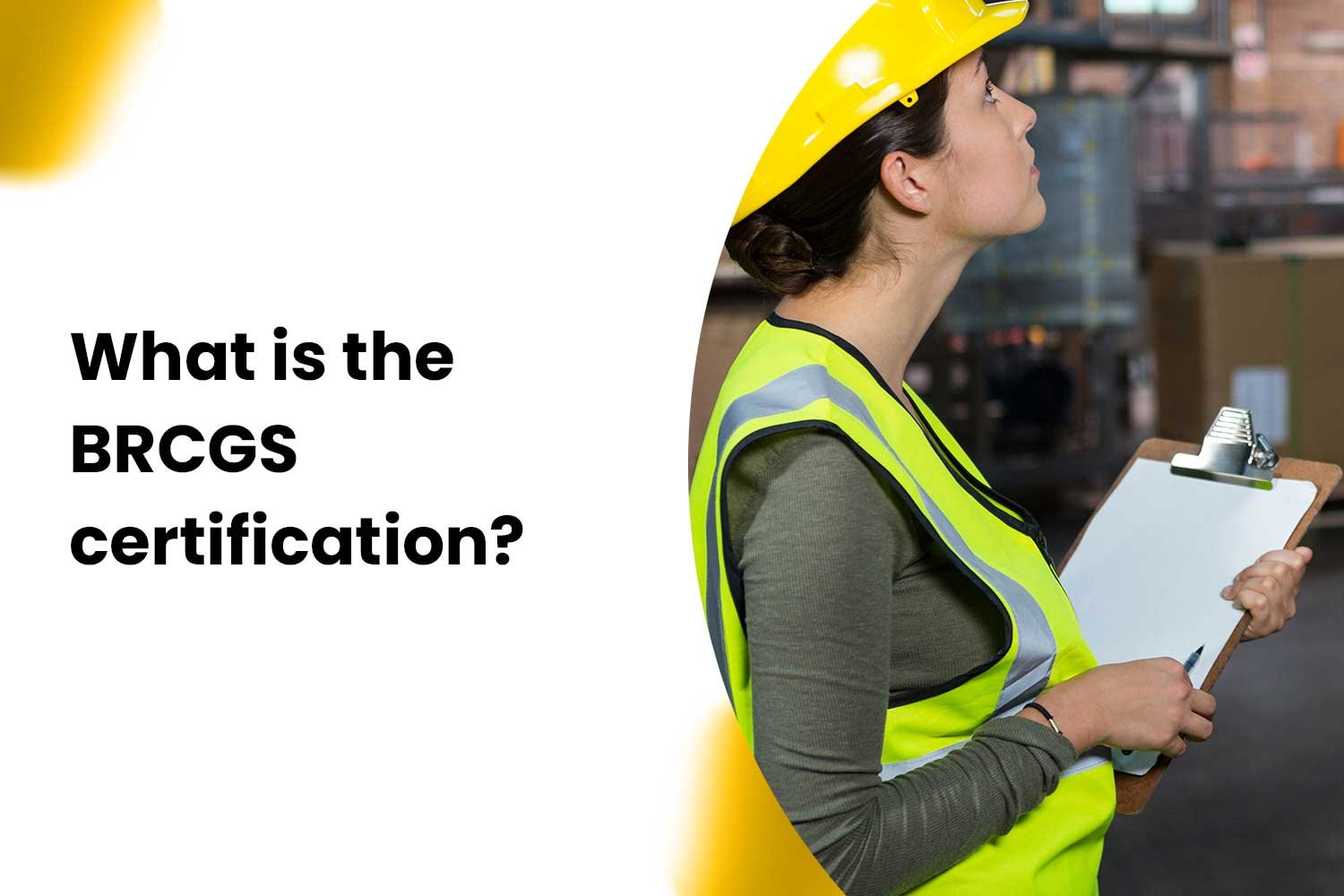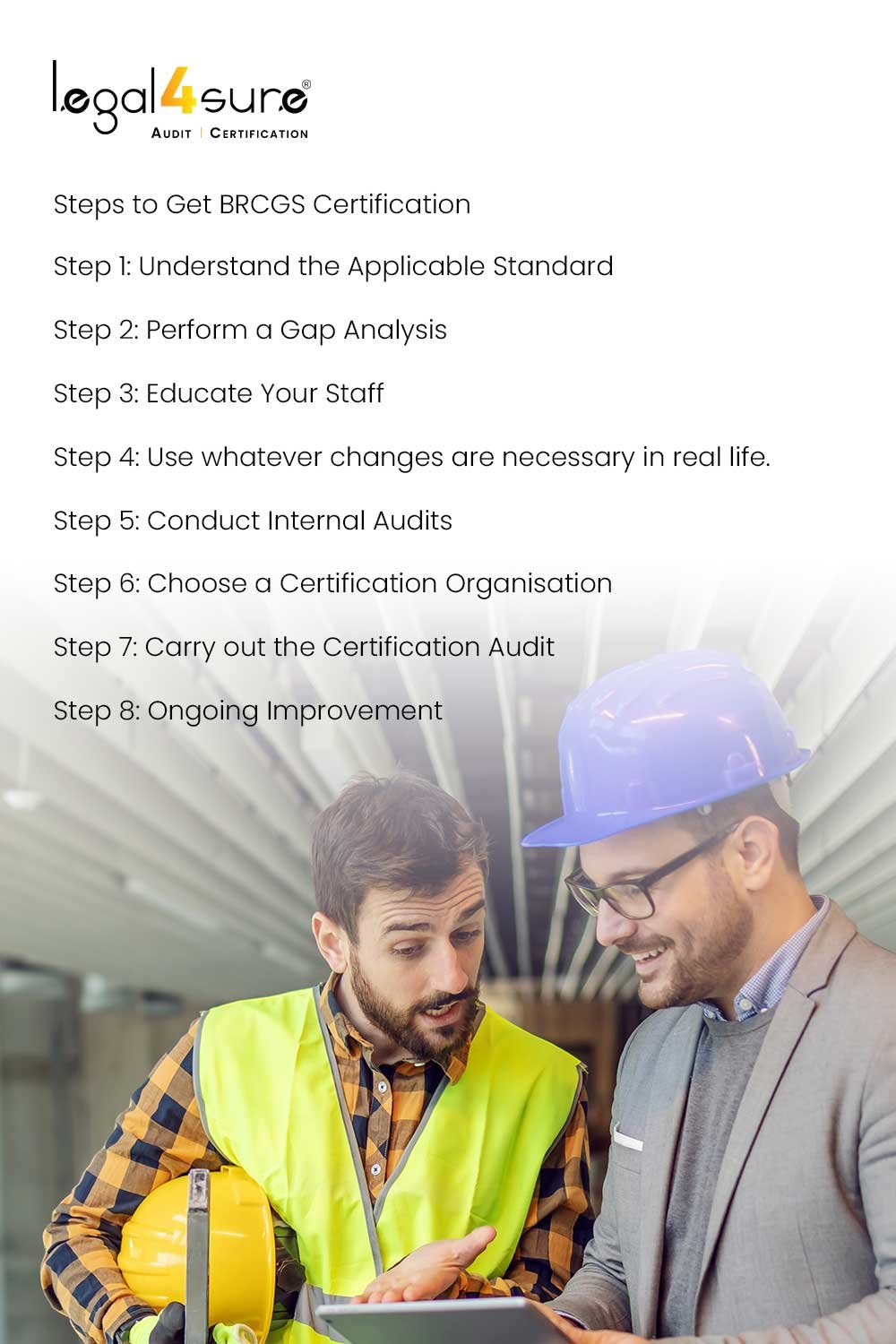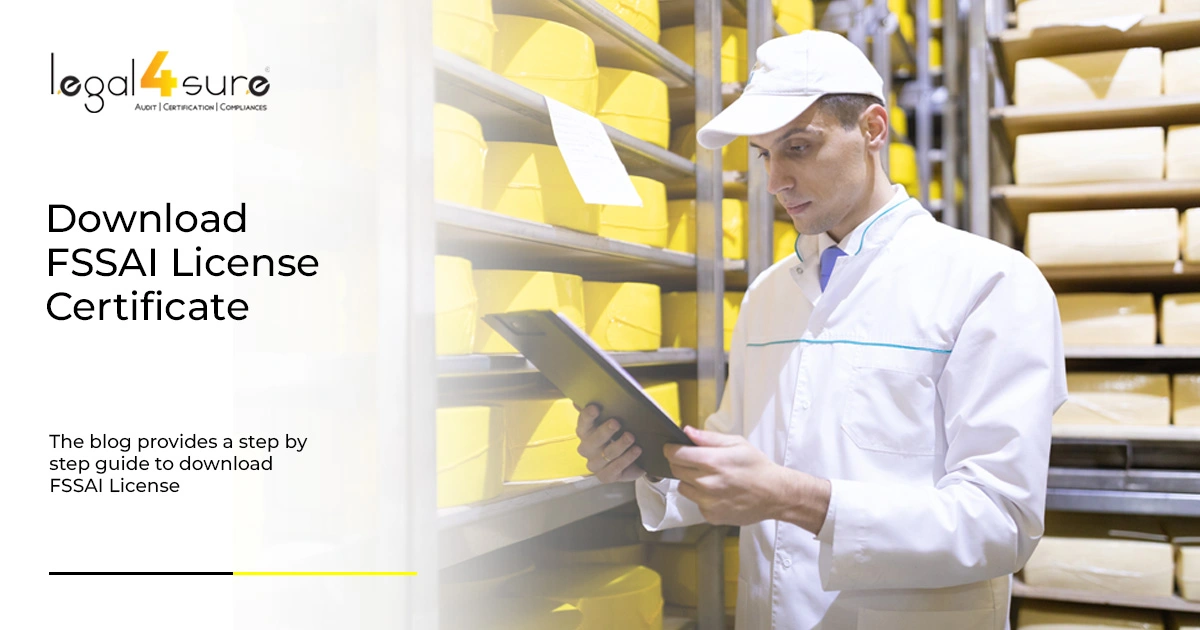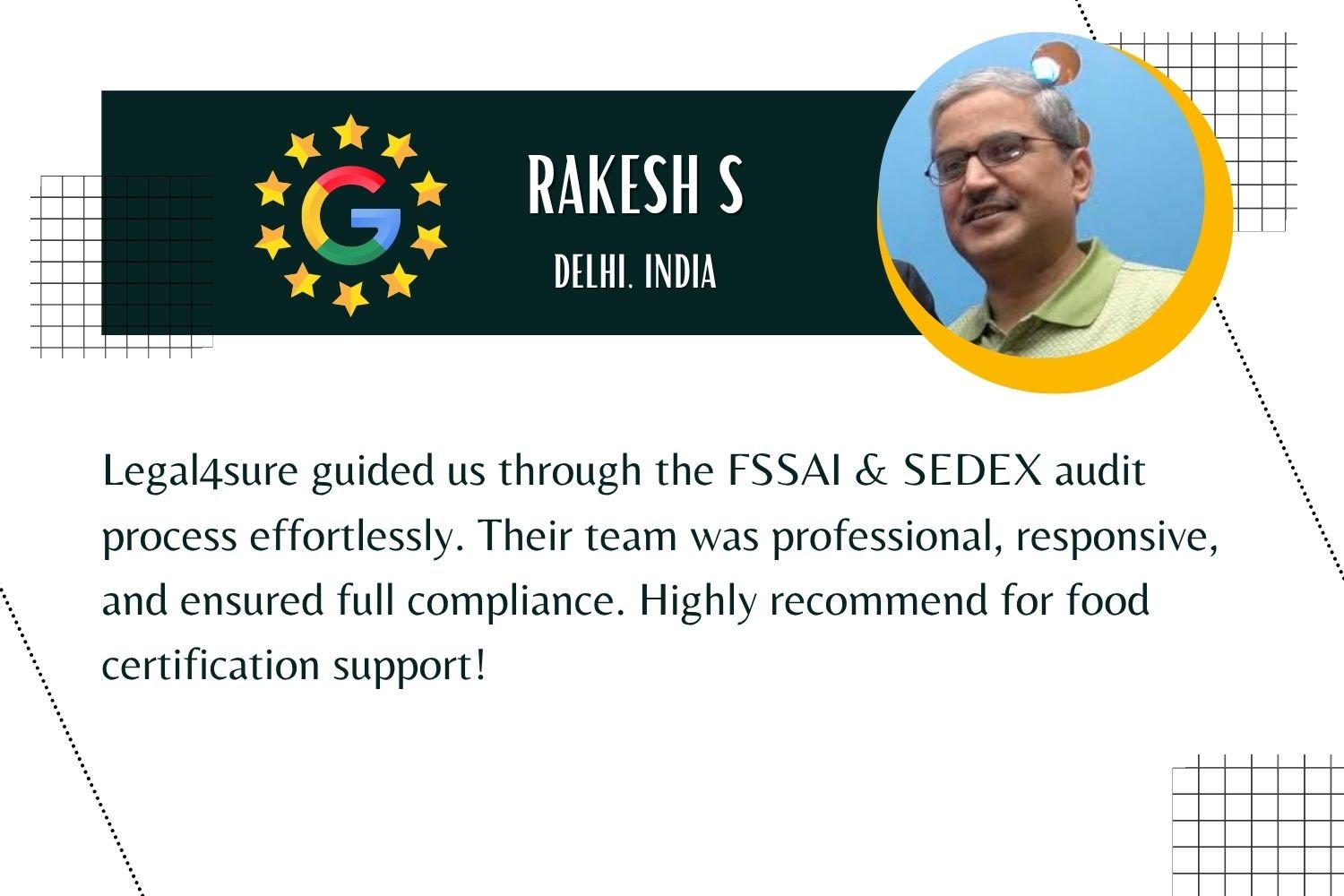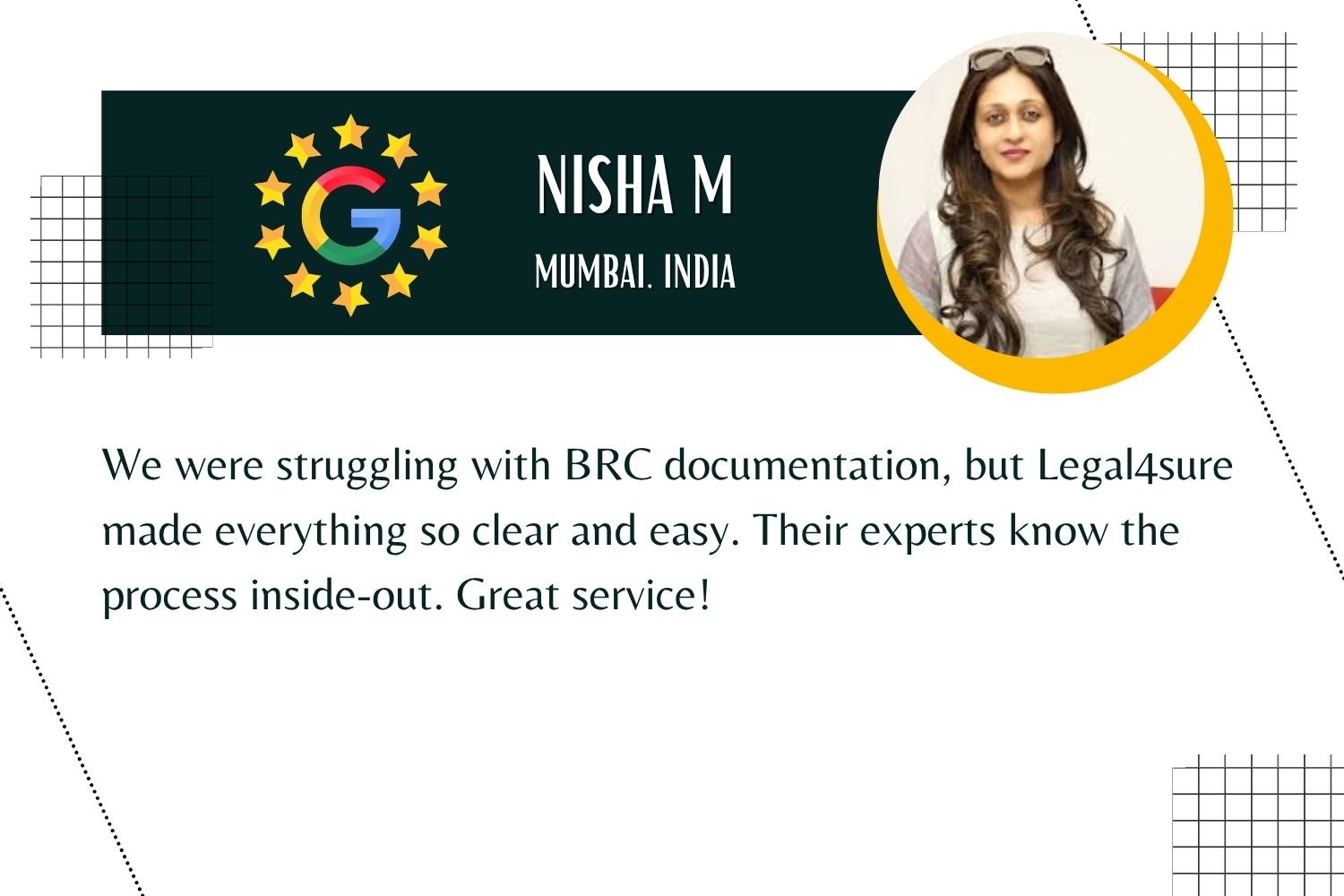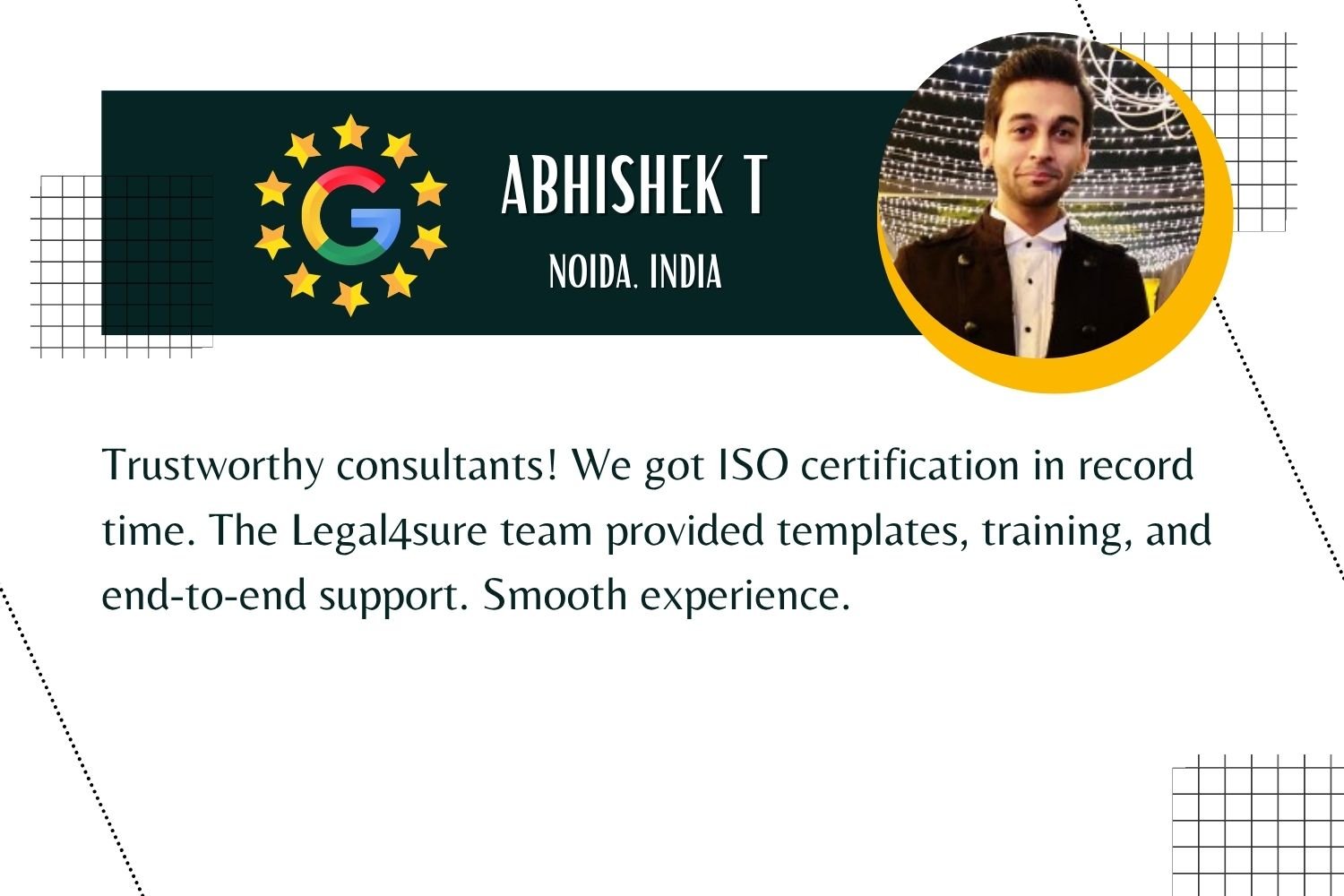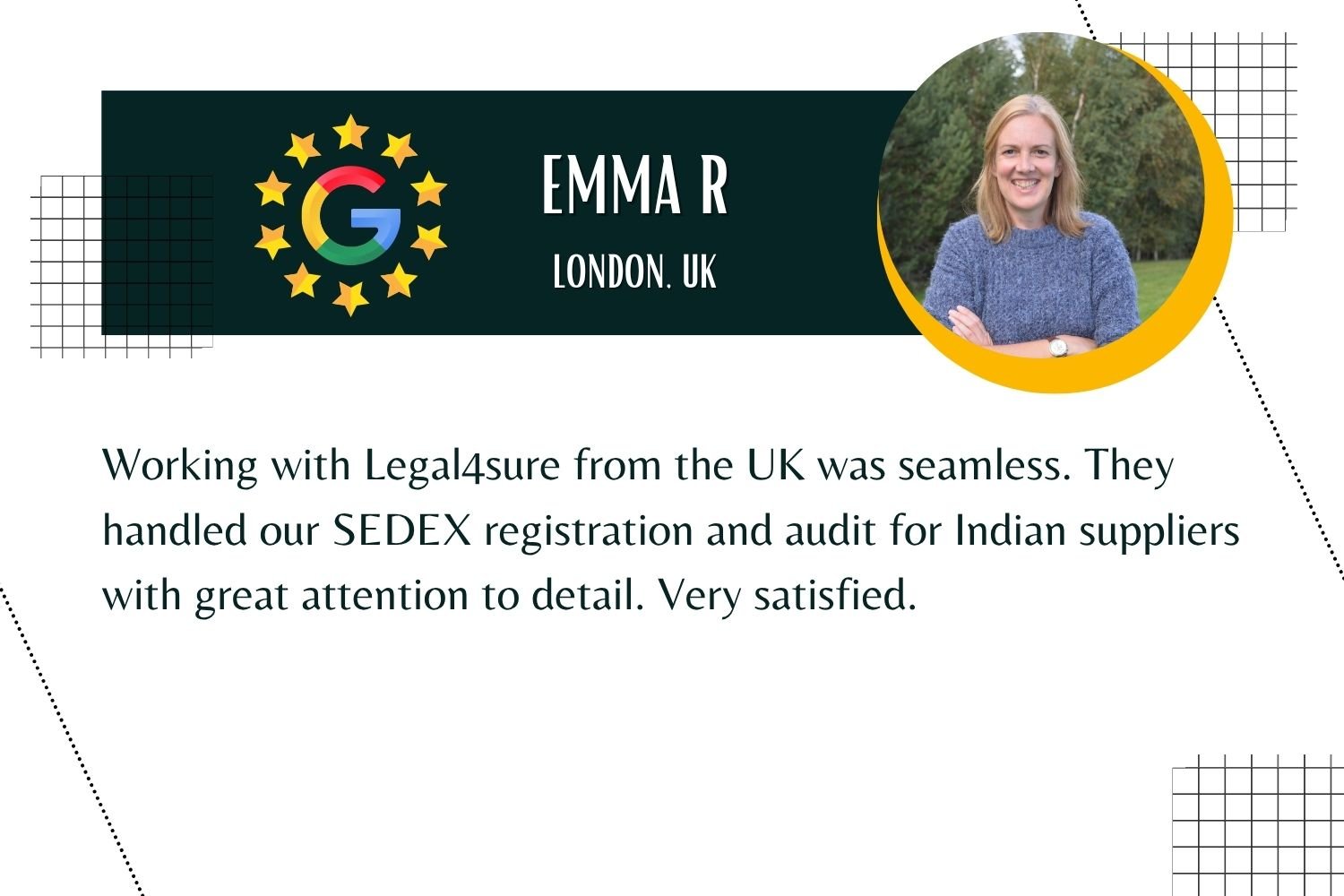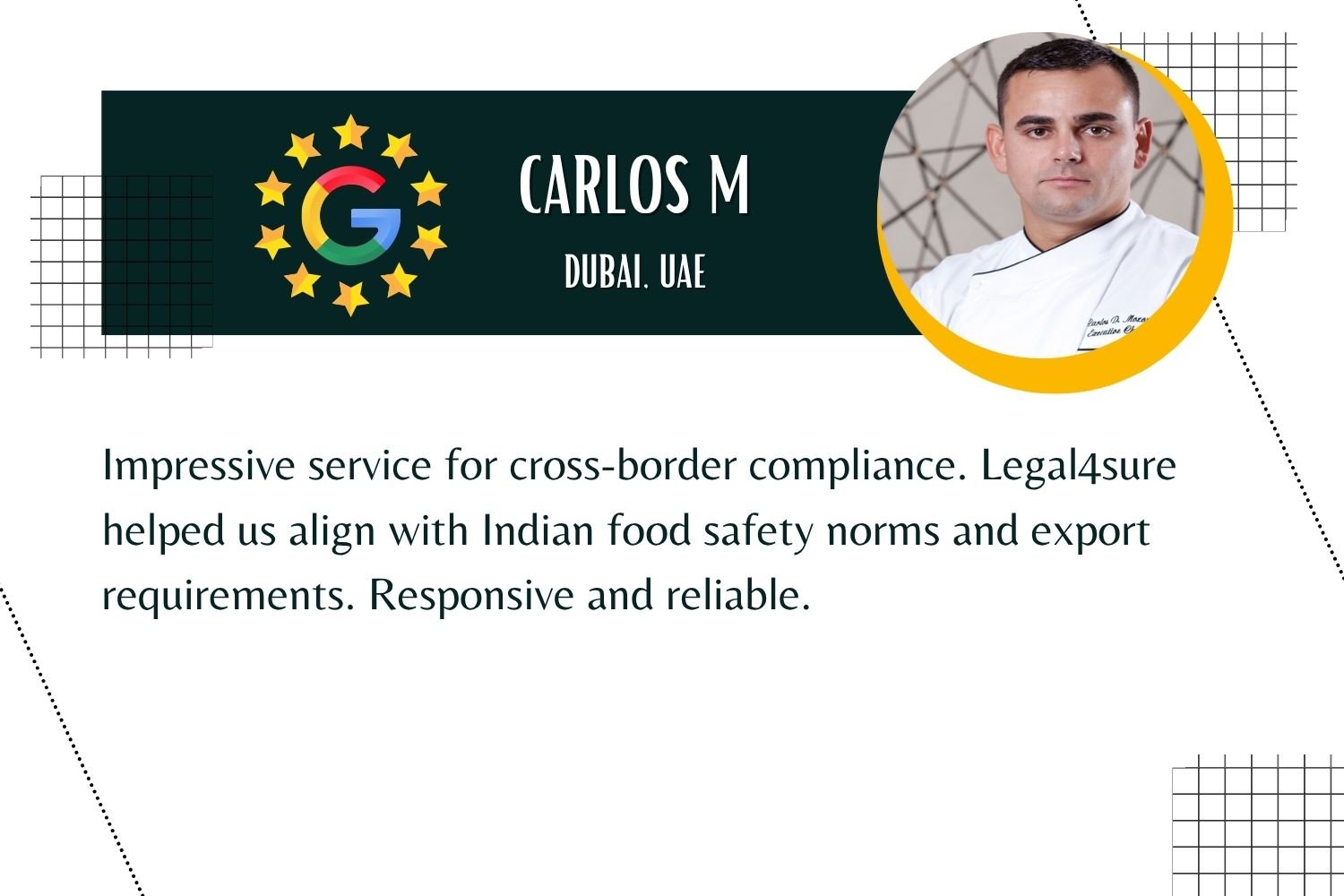BRCGS Certification for Indian Manufacturers is essential for those aiming to grow in global markets. Globally acknowledged, BRCGS guarantees food safety, high product standards, and adherence to regulations. Developed by the British Retail Consortium, it applies across sectors like food production, packaging, storage, and consumer goods. For Indian manufacturers, achieving this certification is more than a quality mark: it’s a gateway to international business. This guide helps you understand, prepare for, and succeed in the BRCGS certification journey.
What is the BRCGS certification?
BRCGS Certification for Indian Manufacturers refers to adherence to the globally recognised British Retail Consortium Global Standards. This international framework provides comprehensive guidelines to help businesses maintain high standards in food safety, product integrity, and overall quality throughout the supply chain. Its core requirements focus on consistent quality control, regulatory compliance, and risk management.
- Safety of Food
- Materials for Packaging
- Distribution and Storage
- Consumer Goods
- Program for Gluten-Free Certification (GFCP)
- Certifying Plant-Based Products
The Global Food Safety Initiative (GFSI) recognises BRGCS, as do significant merchants, foodservice enterprises, and manufacturers worldwide.
The Reasons Indian Manufacturers Prefer BRCGS
As India’s presence in global trade continues to expand, BRCGS Certification for Indian Manufacturers has emerged as a highly sought-after standard, particularly in sectors like food processing, packaging, and fast-moving consumer goods (FMCG). The reasons behind this growing demand include:
- Access to Global Markets: Many retailers in North America and Europe want their suppliers to possess BRCGS certification.
- Superior Product Quality: Getting certified demands adherence to demanding quality standards and ongoing manufacturing techniques.
- Adherence to laws and regulations: The BRCGS supports law adherence at both the international and regional levels.
- Enhanced Brand Image: A facility certified by the BRCGS shows customers its dependability and professionalism. The rules aim to reduce the possibility of failure, product recalls, or contamination.
Steps to Get BRCGS Certification
The BRCGS certification process is well-organised. This is how Indian producers may get through it:
Step 1: Understand the Applicable Standard
Determine which BRCGS standard applies to your company. As an illustration:
- Food producers → BRCGS Food Safety
- BRCGS Packaging Materials are produced by packaging providers.
- Storage and Distribution of BRCGS → Warehousing/Logistics
Step 2: Perform a Gap Analysis
Evaluate your existing operations against the benchmark before making any modifications. This aids in determining the areas that need improvement. Manage it in-house or hire a certified BRCGS expert.
Step 3: Educate Your Staff
People determine the success of certification. Give essential employees training in areas such as:
- Risk Assessment and Critical Control Points, or HACCP
- GMP (Good Manufacturing Practices)
- Internal auditing
- Sanitation and hygiene
- Managing documents
Furthermore, there are BRCGS-accredited training providers that provide comprehensive courses and workshops.
Step 4: Use whatever changes are necessary in real life.
Begin tackling non-conformities following the gap analysis. This might include:
- Upgrading equipment and installations
- Improving sanitary habits
- Developing documents
- Better tracing and memory systems
- Implementing policies to lower pollution and allergies Step
Step 5: Conduct Internal Audits
Before the official audit, do one or more internal audits to ensure your system fully meets the requirements. You have the chance to solve issues before they show themselves.
Step 6: Choose a Certification Organisation
Choose a certified BRCGS-accredited agency in India; well-known options include Bureau Veritas, SGS, TÜV, and Intertek. Ensure that all required documents are gathered and that your team is fully prepared for the upcoming audit.
Step 7: Carry out the Certification Audit
The auditor will conduct interviews with staff members, examine papers, watch procedures, and inspect your facilities. You will receive a grade (AA, A, B, etc.) and either a list of required modifications or a certification, depending on what they find.
Step 8: Ongoing Improvement
Certification is not a one-time process. You need to be observant:
- periodic evaluation and modifications
- in-service training
- annual inspection
Challenges and How to Overcome Them
Many Indian manufacturers face hurdles such as:
- Insufficient documentation: Hire consultants or use digital tools to standardise and organise records.
- Inconsistent processes: Audit for compliance with SOPs (Standard Operating Procedures) and describe them.
- Staff turnover: Maintain ongoing training and onboarding programs.
- Limited budget: Think of BRCGS as an investment, not an expense — the gains in customer trust and market opportunities are significant.
Securing BRCGS Certification for Indian Manufacturers strengthens global competitiveness, enabling access to premium markets and building trust with international buyers. BRCGS offers a reliable structure for ensuring safety, sustainability, and regulatory compliance. Certification is achievable with strategic planning, team commitment, and expert support. As global demand grows for safe and ethically produced goods, BRCGS remains a Key advantage, positioning Indian manufacturers as trusted, world-class suppliers.
Get Audit-Ready the Smart Way – Trust Legal4sure!
In India, Google rankings give Legal4sure five stars. Partner with us for your BRCGS food safety certification. Complete audit findings you can trust. Follow all rules to the letter. The requirement for prompt and reliable help from auditors who are informed and experienced is our top priority. Feel free to phone us at any time or send us your inquiry.
We’re here to assist you. Contact us anytime
Contact No: +91 9870304757


